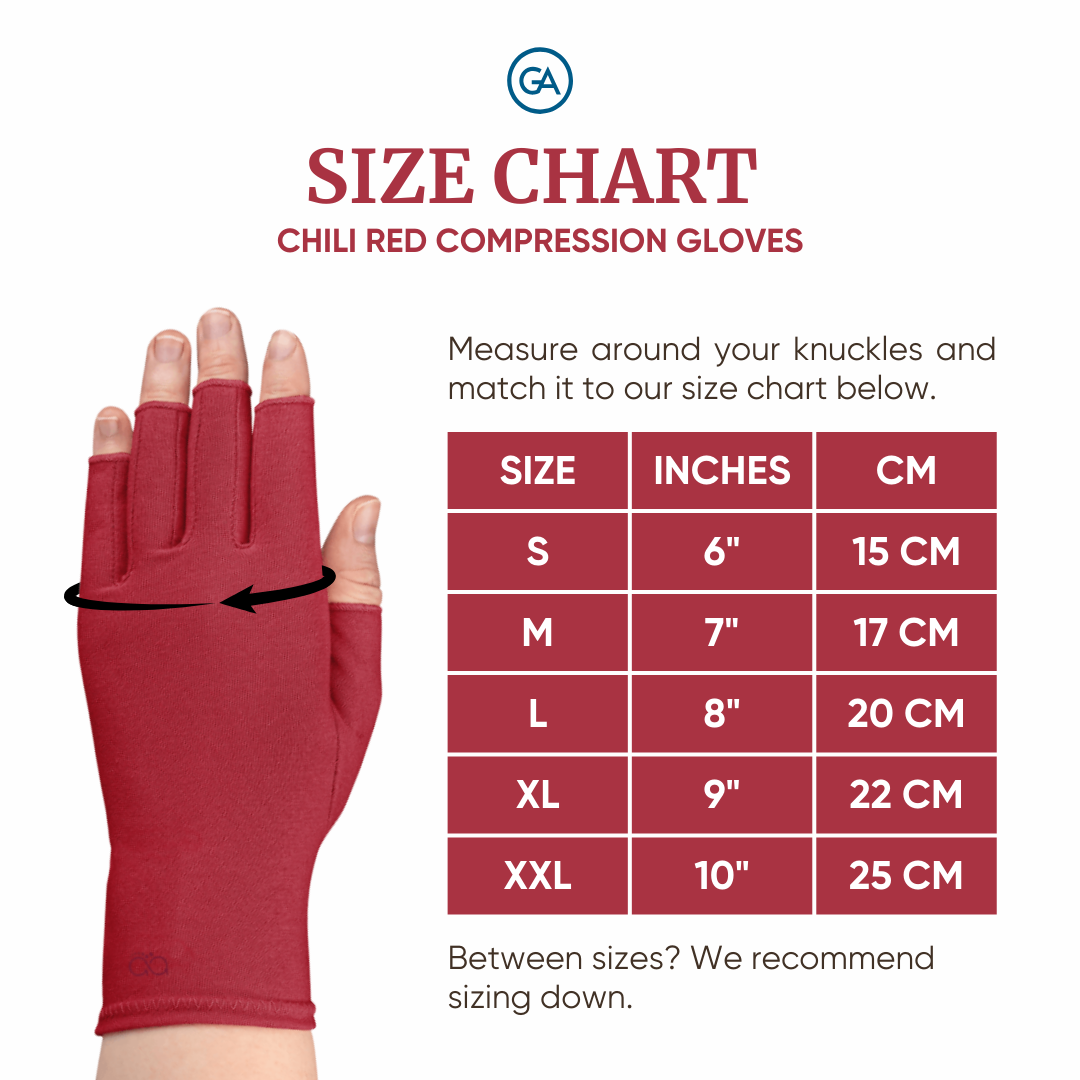Arthritis, an umbrella term for over 100 joint pain conditions, presents a diverse array of challenges and concerns for millions of people. Each type of arthritis, from osteoarthritis to rheumatoid arthritis, has unique characteristics and treatment requirements. It's essential to understand your specific type of arthritis to manage it effectively.
Your rheumatologist is a key ally in navigating this journey, offering specialized medical insights for your particular condition. Engaging in effective communication during your appointments is pivotal, as it can significantly influence the outcome of your treatment.
Knowing the right questions to ask empowers you to take an active role in your healthcare and ensures that your treatment plan aligns seamlessly with your lifestyle and health objectives.
1. What is the Progression of My Arthritis?
When you meet with your rheumatologist, discussing the expected trajectory of your condition is invaluable. This information prepares you for potential future symptoms and guides the adaptation of your treatment plan over time.
The progression of arthritis can impact various aspects of life, from daily activities to long-term health strategies.
For instance, osteoarthritis may progress slowly, requiring gradual adjustments in treatment, while rheumatoid arthritis could necessitate more immediate changes. Your rheumatologist can provide insights into symptom management, potential joint damage, and the likely pace of your condition's progression.
This discussion also sets the stage for understanding current and future treatment options. Explore how you can make these treatments more manageable, especially from a financial perspective. This is where the importance of your insurance, including Medicare, becomes apparent. You must grasp the most confusing moments of Medicare Annual Enrollment to understand your options and maximize coverage. This can help ensure that your treatment is medically appropriate and financially feasible.
Although, this isn’t something to talk about directly with your rheumatologist. Their office will have specialist staff to handle insurance concerns. You can also talk to Medicare directly before your appointment.
2. Are There Any New Treatments or Research Beneficial for My Condition?
Arthritis treatment and research are continuously evolving fields. Staying informed about the latest advancements can open doors to new treatment possibilities. Inquiring about recent developments in arthritis care is essential to ensure you receive the most up-to-date and effective treatment options.
This question allows your rheumatologist to share information about cutting-edge therapies, clinical trials, and emerging research findings that could be relevant to your condition. For instance, there might be new biological medications, improved pain management strategies, or innovative lifestyle modification techniques that have shown promising results in recent studies.
Understanding these advancements is not just about adding new treatments to your regimen. It's about tailoring your care plan to include the most effective, evidence-based options available. It also demonstrates your proactive role in managing your arthritis, indicating to your rheumatologist that you are engaged and eager to explore all avenues for better health outcomes.
3. What Are the Best Strategies for Managing My Pain?

Each patient's experience with pain is unique, necessitating a personalized approach. By asking your rheumatologist about the best strategies for managing your pain, you can explore various options suited to your specific needs.
This conversation can cover various pain management techniques, including medication, physical therapy, and lifestyle changes. It's important to discuss the effectiveness of these methods, their potential side effects, and how they fit into your overall treatment plan.
Your rheumatologist might suggest a combination of treatments. For example, anti-inflammatory drugs might be paired with physical therapy exercises to strengthen muscles and reduce joint pain.
You might also want to consider asking about orthopedic bracing. The American College of Rheumatology endorses the use of hand orthoses for hands and wrists.
Wrist braces can reduce discomfort and improve mobility, offering a non-invasive way to manage arthritis pain.
Understanding the full spectrum of pain management strategies equips you to make informed decisions and find the most effective and comfortable ways to manage your arthritis pain.
4. What Are the Potential Side Effects of My Medications?
Understanding the potential side effects of your prescribed medications is a crucial aspect of responsible health management. It empowers you to be vigilant about your well-being and take prompt action should any adverse reactions occur. Your rheumatologist can provide valuable insights into the specific side effects associated with your medications, helping you differentiate between expected, manageable effects and those that require immediate attention.
Moreover, this awareness allows you to engage in informed discussions with your healthcare provider. You can collaboratively explore alternative treatment options or adjustments to your current regimen if side effects become problematic.
Open communication with your rheumatologist ensures that your treatment plan aligns with your unique health goals and minimizes any unexpected challenges that may arise during your arthritis management journey.
5. What Lifestyle Changes Can Positively Impact My Arthritis?

Lifestyle plays a significant role in managing arthritis. Discussing lifestyle changes with your rheumatologist can lead to valuable insights on alleviating symptoms and improving overall well-being. This inquiry is not just about treatments; it’s about holistic care.
Dietary adjustments, physical activity, and stress management are key areas your doctor may address. Nutritional changes, like incorporating anti-inflammatory foods, can make a noticeable difference in reducing joint pain and swelling.
Regular, low-impact exercise such as swimming or walking can enhance joint mobility and strength. Additionally, techniques for stress reduction, like yoga or mindfulness, can have a beneficial effect on both your mental and physical health.
In addition, wearing hand orthoses, including Compression Gloves and Wrist Braces, can also be discussed.
Wrapping Up
Your partnership with your rheumatologist is crucial to managing arthritis effectively. These questions empower you to make informed decisions about your health, covering critical aspects of arthritis management, from understanding its progression to tailoring lifestyle changes.
With this knowledge, you can confidently shape your treatment plan, ensuring it aligns with your unique needs and goals. Your questions are the key to a brighter, healthier future in managing arthritis, guided by your trusted rheumatologist.


































































Share and get 15% off!
Simply share this product on one of the following social networks and you will unlock 15% off!